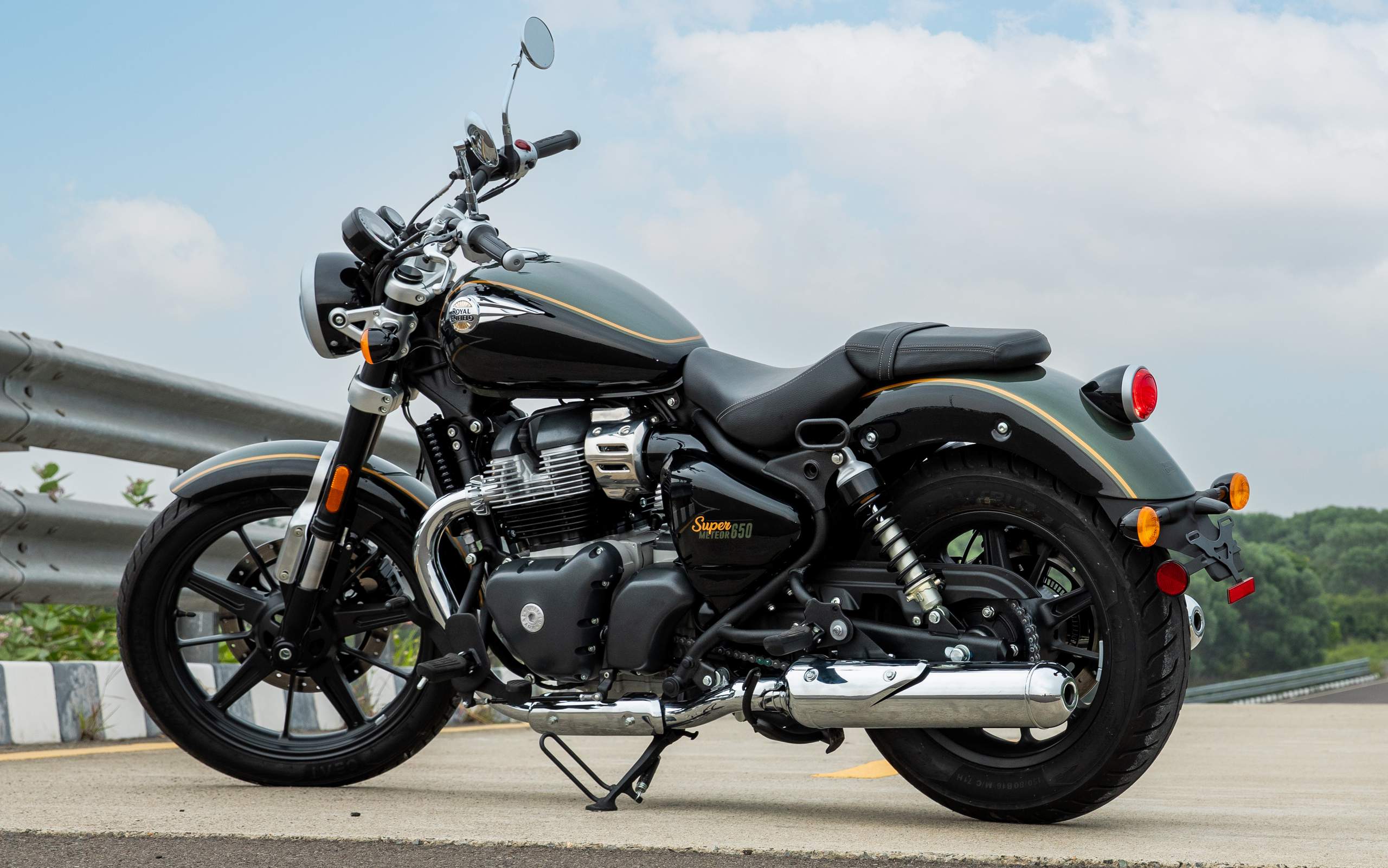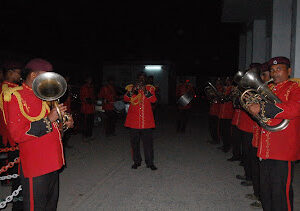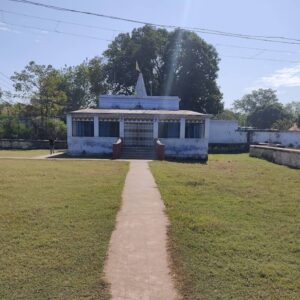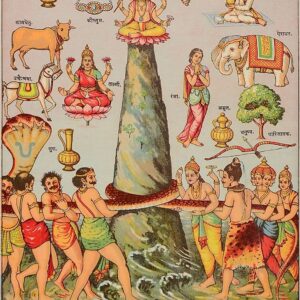Bhishma (Sanskrit: भीष्म, ),also known as Pitamaha, Gangaputra, and Devavrata, is a major character of the epic Mahabharata. He was the supreme commander of the Kaurava forces during the Kurukshetra War of the epic. He was the only character who witnessed the entirety of the events of the Mahabharata, beginning from the reign of his father, King Shantanu of the Kuru kingdom. Bhishma was the stepbrother of Vyasa, the grandfather of both the Pandavas and the Kauravas. He was a prominent statesman of the Kuru Kingdom. He was born as the elder son of the illustrious King Shantanu and goddess Ganga.
Originally named Devavrata, he was made the heir-apparent of his kingdom. However, he renounced his birthright for his father’s happiness and took a vow of lifelong celibacy. Owing to this selfless decision, he came to be known as Bhishma, and was blessed to live as long as he wanted, by his father, Shantanu. He participated in the Kurukshetra War on the side of the Kauravas. On the tenth day of the war, the Pandava prince Arjuna, with the help of Shikhandi, pierced Bhishma with numerous arrows and paralysed him upon a bed of arrows. After spending fifty-one nights on the arrow bed, Bhishma left his body on the auspicious Uttarayana (winter solstice). Before his death, he passed down the Vishnu Sahasranama to Yudhishthira.
Bhishma is a revered figure in Hinduism. Each year his death anniversary is celebrated as Bhishma Ashtami, which falls on the eighth lunar day of the Shukla (light) half of the Magha (January–February) month.
Etymology and epithets
According to Monier Monier-Williams, the word Bhishma (भीष्म) means “terrible”, “horrible”, “fearful” or “fierce”. The word is also used to describe Rudra, the fierce god, as well as the Rakshasa. In the epic, Devavrata received this as he undertook a fierce or terrible vow (Bhishma pratigya) and fulfilled it. Bhishma was given the name Devavrata (देवव्रत) at his birth, meaning one who is devoted to Gods.
As Bhishma was the only surviving son of Ganga, he was given many epithets which mean “son of Ganga” — Gangaputra (गंगापुत्र), Gang (गंग), Gangasuta (गंगासुत) and Gangeya (गांगेय). The word Gangadatta (गंगादत्त) means given by Ganga. Patronymics of Bhishma include Shantanava (शान्तनव), Shantanuputra, Shantanusuta and Shantanuja. Bhishma was also referred as:
Gaurānga (गौरांग) – the one with fair body
Shvetaveera (श्वेतवीर) – a white warrior or the one who is heroic white and has all weapons in white Colour
Bhārata (भारत) – a descendant of Bharata
Mahāmahima (महामहिम) – his excellency
Parshuramashishya (परशुरामशिष्य) – disciple of Parshurama
Pitāmaha (पितामह)- Grandfather (also known as Bhishma Pitamaha; called by Pandavas and Kauravas)















Reviews
There are no reviews yet